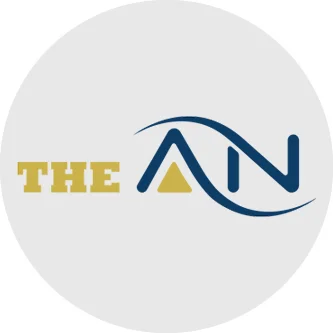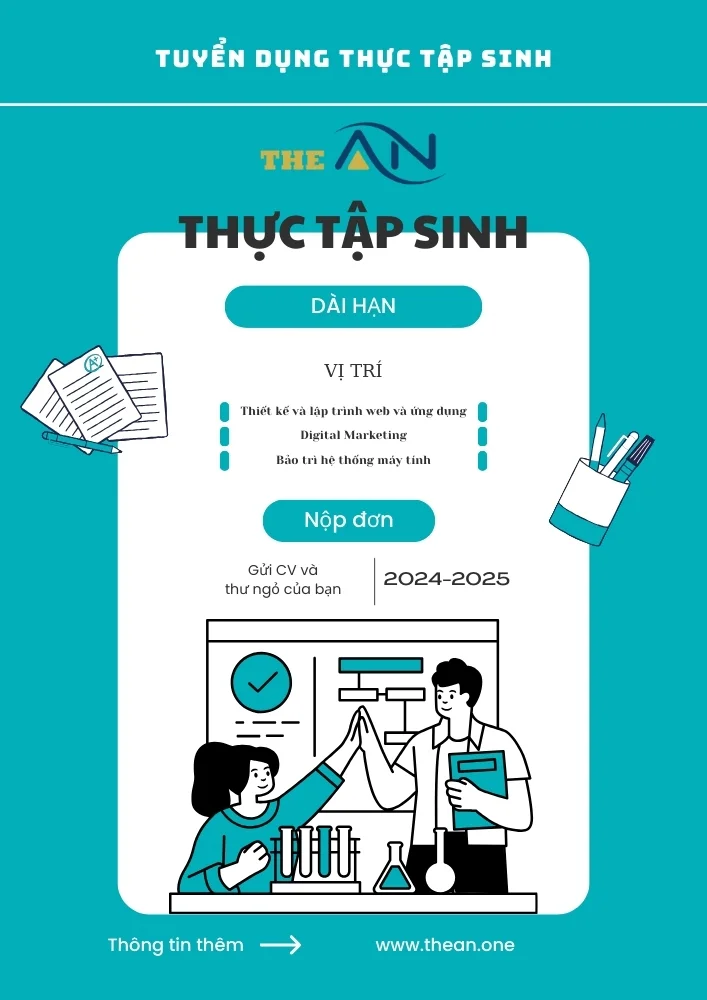What is Tense? Types, Definitions & Examples

Earlier we have already discussed how important tenses are in English Grammar as the very basis of English Grammar is built on tenses. Once you complete the tenses then you will understand every part and use of tenses.
You already know that there are three tenses- past, present, and future; and four kinds of each tense, i.e. indefinite, continuous, perfect, and perfect continuous. Now, the present tense has been explained in the first part of the article, and now here we are going to cover the past and future tense.
Table of Content
- What is Tense in English Grammar?
- Tense Definition
- Why Tenses are Important to Learn?
- Types of Tenses in English Grammar
- Tenses And Their Usage
- Present Tense
- Past Tense
- Future Tense
- Examples of Verb Tenses
- FAQs on Tenses
What is Tense in English Grammar?
Tense is a grammatical concept that indicates the time of action or event. Tense provides temporal information and enables us to express actions that have happened in the past, are happening in the present, or will happen in the future. Tenses, in English Grammar, is the form of the verb which shows the time when a specific event has happened or is going to happen. Basically, tense denotes the characteristics of the verb in a sentence.
Tense Definition
Tense is defined as any of the forms of a verb that may be used to show the time of the action or state expressed by the verb.
- According to the Merriam-Webster Dictionary: “Tense is defined as a distinction of form in a verb to express distinctions of time or duration of the action or state it denotes.”
- According to the Collins Dictionary: “Tense of a verb group is its form, which usually shows whether you are referring to past, present, or future time.”
- According to the Cambridge Dictionary: “Tense is any of the forms of a verb which show the time at which an action happened.”
- According to Oxford Learner’s Dictionary: “Tense helps provide clarity and context to our communication, enabling others to understand the temporal sequence and duration of events”.
Why Tenses are Important to Learn?
In the English language, tenses are considered the most important and integral part of speech. Without tenses, every sentence is illogical. In order to frame a sentence and convey the information clearly, we need to learn the correct use of tenses in a sentence. Tenses help us to communicate effectively and express the context of the information.
Types of Tenses in English Grammar
There are three tenses in English grammar:
- Present tense
- Past tense
- Future tense
Further, all three tenses have four kinds:
- Simple or indefinite
- Continuous
- Perfect
- Perfect Continuous
Tenses And Their Usage
There are three primary verb tenses: past, present, and future. Each tense is further divided into simple, continuous (also known as progressive), perfect, and perfect continuous tenses. Let’s explore each type in detail:
Present Tense
Present Indefinite or Simple Present
Structure:
Subject (I, You, We, They ) + V1 ( First Form of Verb ) + Object
Example: I go to school.
Present Continuous Tense
Structure:
Subject ( I/ You/ We/ They ) + auxiliary verb (is/am/are) + Verb+ing + Object
Example:
- I am going to school.
- He is playing football.
- They are reading books.
Present Perfect Tense
Structure:
Subject ( I/ You/ We/ They ) + has/have + V3 (third form of verb) + Object
Example:
- He has played football.
- They have read books.
Present Perfect Continuous Tense
Structure:
Subject ( I/ You/ We/ They ) + has/have + been + Verb(ing) + Object
Example:
- He has been playing football.
- They have been reading books.
Past Tense
We use the past tense to describe an action that has happened the time before the present. This tense has four aspects that talk about to what extent action has been completed.
Simple Past Tense
Structure:
Subject (I/ You/ We/ They ) + V2 (second form of verb) + Object
Example:
- I went to school.
- He played football.
- They read books.
Use:
- to describe a completed action in the past. Adverbs of the past like yesterday, ago, last week, etc. are used in such sentences. (e.g. Prateek received the experience letter last week)
- to describe the old habits. (e.g. Rita always carried an umbrella with her.
Past Continuous Tense
Structure:
Subject ( I/ You/ We/ They ) + was/were + Verb+ing + Object
Example:
- I was going to school.
- He was playing football.
- They were reading books.
Use:
- to show a progressive action of the past (e.g. I was watching the flower pots during the coffee break)
- to show the old persistent habits (e.g. Shravan was always complaining)
Past Perfect Tense
Structure:
Subject (I/ You/ We/ They) + had + V3 (past participle) + Object
Example:
- He had played football.
- They had read books.
Use:
- to describe an action that had been completed way before a particular moment in the past (e.g. We had seen the man, for the last time, three years before)
- used along with simple past tense to show the action that happened first in the series (e.g. The patient had died before the doctor reached)
Past Perfect Continuous Tense
Structure:
Subject (I/ You/ We/ They) + had + been + Verb+ing + Object
Example:
- He had been playing football.
- They had been reading books.
Use:
- to indicate that an action started in the past and continued up to a point in the past. (e.g. When Alfred joined the company, Robin had been working there for 5 years)
Future Tense
The future tense is used to refer to an action that is supposed to happen at a specific future time.
Simple Future Tense
Structure:
Subject (I/ You/ We/ They) + will + V1 (first form of verb) + Object
Example:
- He will play football.
- They will read books.
Use:
- to refer to the obvious events to happen in the future. (e.g. Taimur will turn 19 next year)
- to predict a future event (e.g. I’m sure our school will win the competition)
- Note: I am sure, I think, probably, I believe etc. are used in such sentences.
- to show an action that we have decided to do in that instant. (e.g. There is no sign of a stormy cloud. I will not take the umbrella with me)
Future Continuous Tense
Structure:
Subject (I/ You/ We/ They) + will + be + Verb+ing + Object
Example:
- He will be playing football.
- They will be reading books.
Use:
- to refer to progressive action in the future. The action will continue to exist at that point in time (e.g. At this time next week I will be travelling home)
- to show a planned and expected event in the future. (e.g. My mother will be visiting me during the Diwali holidays)
Future Perfect Tense
Structure:
Subject (I/ You/ We/ They) + will + have + V3 (past participle) + Object
Example:
- He will have played football.
- They will have read books.
Use:
- to show that an action will be completed by that certain point in time in the future. (e.g. By next week Suhana will have shifted to her new flat in Noida)
Future Perfect Continuous Tense
Even though it is not frequently used, we use it to illustrate events that have been happening for a while but will come to a conclusion in the future.
Example: Silky will have been living in this house for three years next April.
Examples of Verb Tenses
To illustrate the usage of different verb tenses, consider the following examples:
Simple Tenses:
- Present Simple: “She loves to read books.”
- Past Simple: “They visited Paris last summer.”
- Future Simple: “We will meet at the coffee shop tomorrow.”
Continuous/Progressive Tenses:
- Present Continuous: “I am studying for my exams.”
- Past Continuous: “He was playing the piano when I entered the room.”
- Future Continuous: “She will be attending the conference next week.”
Perfect Tenses:
- Present Perfect: “They have already finished their assignment.”
- Past Perfect: “He had traveled to several countries before he turned 30.”
- Future Perfect: “I will have completed my degree by next year.”
Perfect Continuous Tenses:
- Present Perfect Continuous: “She has been working on her novel for months.”
- Past Perfect Continuous: “They had been practicing the dance routine for hours before the show.”
- Future Perfect Continuous: “We will have been living in this city for ten years by 2025.”
FAQs on Tenses
Tense is a form of verb which is used to show if an action is performed in the past, present or future.
Following are the 12 types of tenses in English Grammar:
- Simple Present Tense
- Present Continuous Tense
- Present Perfect Tense
- Present Perfect Continuous Tense
- Simple Past Tense
- Past Continuous Tense
- Past Perfect Tense
- Past Perfect Continuous Tense
- Simple Future Tense
- Future Continuous Tense
- Future Perfect Tense
- Future Perfect Continuous Tense






